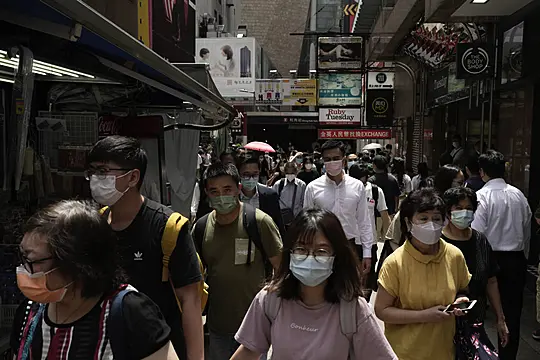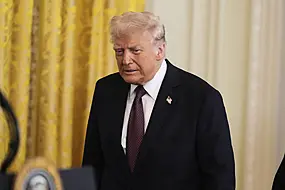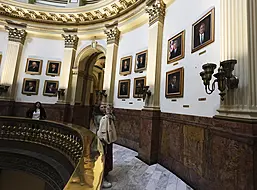Hong Kong will reduce the mandatory hotel quarantine for overseas arrivals to three days from a week, the city’s leader has announced.
The southern Chinese city remains one of the few places in the world, together with mainland China, to require a quarantine to guard against travellers spreading Covid-19 to the local population.
The policy taking effect on Friday will be Hong Kong’s shortest quarantine for arrivals since the pandemic began.
Hong Kong leader John Lee said arriving travellers must quarantine for three days in a designated hotel, then undergo four days of medical surveillance during which their movements will be restricted via the use of a health code system.

Mr Lee said the new policy of just three days in quarantine was made after scientific data had been analysed to control the risk factors.
“We also have to balance the risks against the economic activities and the social lives of (people in) Hong Kong,” Mr Lee said.
“(The data) gives us the indication that the risk factor of people who have finished three days quarantine in a designated hotel … is actually no more than the risk level of transmission in society.”
The changes to Covid-19 policies come in spite of an increase in daily infections, which city health officials warn could double to 8,000 in the coming weeks.
During their week of quarantine and surveillance, travellers will also have to test regularly for Covid and those who are infected must stay in isolation.
Those who test negative can use public transit and enter malls and markets, but they cannot enter bars and amusement parks or visit elderly homes, schools and certain medical facilities.
For most of the pandemic, Hong Kong has imposed some of the world’s strictest entry restrictions. At one point, Hong Kong required up to 21 days of compulsory hotel quarantine for visitors and a “circuit breaker” mechanism that would ban flights from certain airlines into the city if they import too many cases.







